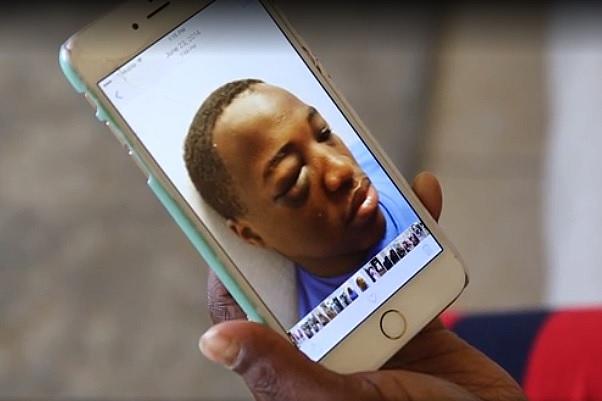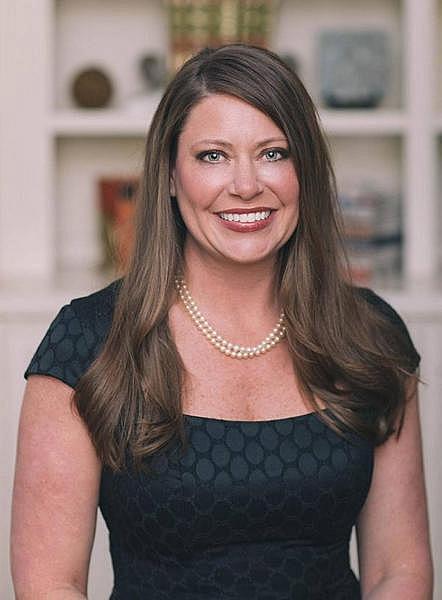After Herald series on abuses, Florida juvenile justice chief enacts a reform
This article and others in this series were produced as part of a project for the University of Southern California Center for Health Journalism’s National Fellowship, in conjunction with the USC Annenberg School for Communication and Journalism.
Other stories in the series include:
Powerful lawmaker calls for juvenile justice review in wake of Herald series
An officer used a broom to beat juveniles into submission. They called it ‘Broomie.’
Criminal record? Horrible work history? Florida juvenile justice would still hire you
At this juvenile justice program, staffers set up fights — and then bet on them
Dark secrets of Florida juvenile justice: ‘honey-bun hits,’ illicit sex, cover-ups
FIGHTCLUB: A Miami Herald investigation into Florida’s juvenile justice system

A look at the "fight club" culture inside Florida's juvenile justice system, where staffers sometimes employ harsh takedowns, ignore abuse and offer snacks as bribes for beatdowns — known as "honey-bunning." Emily Michot and Matias Ocner
Florida juvenile justice administrators announced Thursday that they will appoint an in-house ombudsman, reporting directly to the agency’s secretary, to “amplify” the voice of youths in state custody and their families.
The ombudsman will lead what is being called the Office of Youth and Family Advocacy, a unit that will be housed within the office of Department of Juvenile Justice Secretary Christina K. Daly. Although no one has been appointed to the post yet, Daly told the Miami Herald Thursday she had “a couple of people in mind.”
Florida Department of Juvenile Justice Secretary Christina K. Daly. Department of Juvenile Justice.
Daly said that, while her agency had initiated a series of reforms over the last half decade, “we struggled with family engagement. We want families and kids to feel like this system is one that will advocate for them.”
The juvenile justice system, Daly said, is here to shepherd them into a successful adulthood. That is what our reforms focus on: the right level of service, at the right time, for the right youth.”
Thursday’s announcement comes a little more than a week after the Herald published Fight Club, a six-part series that detailed a pattern of abuse, including widespread unnecessary and excessive force, sexual misconduct, and a practice known as honey-bunning, in which youth workers turn troubled teens into enforcers, rewarding them with pastries, candy bars or fast food takeout.
The series has helped spur reform. In the months leading up to publication, DJJ changed the way it screens job candidates, strengthening its method of background checking of potential employees, and Gov. Rick Scott announced he is proposing a 10 percent raise for officers who work at the state’s 21 juvenile detention centers.
In a news release Thursday, DJJ said that, “over the next several weeks, the department will begin setting the vision of this newly created office, including identifying the necessary resources to ensure effectiveness.”
Daly said she chose the name of the office carefully, avoiding the term “ombudsman” in favor of one that emphasized the role of advocacy. “I really wanted it to embody what is my desire for children and families in our system. I want them to feel they have advocates here. That is why we chose the name Office of Youth and Family Advocacy.”
The office also will help “ensure accountability” among administrators and direct care staff, Daly said. “I think we will continue to evolve,” Daly said. “I think we are going to be very focused on it here in the coming weeks, and that office can be a point of contact here.”
Since the Herald series was published, DJJ has heard from several lawmakers seeking to visit one or more of the agency’s 21 lockups or 53 residential programs. On Wednesday, three members toured the Miami-Dade Regional Juvenile Detention Center, and told reporters they were disappointed by what they saw.
“The living conditions are horrible, horrific, deplorable,” said State Rep. Kionne McGhee, a Cutler Bay Democrat. “Unacceptable. Unacceptable. And we want answers.”
On Wednesday, Daly sent a letter to lawmakers offering to help set up additional visits.
“One of the best ways for you as a member of the legislature to gain firsthand knowledge of our system and how we serve youth and families is by visiting one of these facilities,” Daly wrote.
“We have over three thousand youth in our custody, and thousands of state and private employees providing direct care to them,” Daly wrote. “In any juvenile system, there will be incidents of inappropriate behavior by employees, but we work very hard to reduce such occurrences and respond swiftly and appropriately when they happen. I believe that by visiting our programs, you will learn for yourself that we operate what many people in the industry believe is one of the best juvenile justice systems in the country.”
[This story was originally published by the Miami Herald.]

